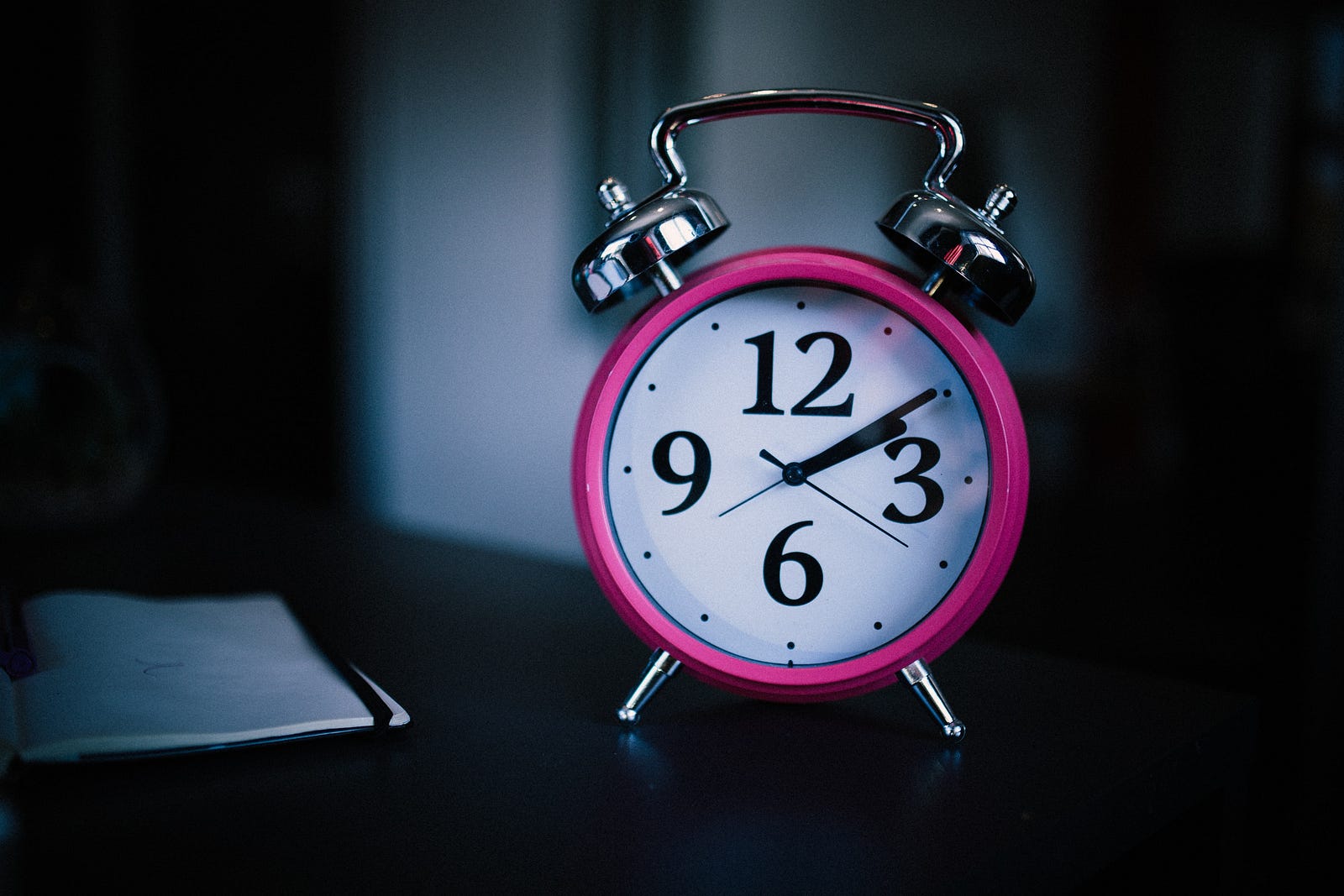SLEEP IS A UNICORN — EVERYONE TALKS ABOUT IT, but no one’s sure it exists in adult life. This essay explores the optimal sleep temperature for older adults. We’ll also examine the relationship between sleep and temperature among younger adults.
Sleep is a fundamental biological necessity that supports various physiological and cognitive functions. Adequate sleep plays a crucial role in memory consolidation and learning processes.
“I would like to be the air that inhabits you for a moment only. I would like to be that unnoticed and that necessary.” ― Margaret Atwood.
I often write about sleep, partly because my patients often struggle with getting adequate amounts of it.
Moreover, my sleep patterns are shifting as I age, and I want to understand better how to optimize my zzzs.
Why We Sleep
Do you find your thinking impaired after a night of short sleep? I certainly do.
As someone who helps individuals with cancer, I must be at my best. Every day, for every patient. We don’t get re-dos in my profession.

During sleep, the brain processes and consolidates memories from the day, aiding in the retention of information and enhancing cognitive performance.
This memory consolidation is associated with synaptic strength and neural connection changes, facilitating learning and optimal brain function.
Additionally, sleep is essential for restoring and rejuvenating the body, allowing for tissue repair, immune system strengthening, and hormone regulation, all of which contribute to overall health and well-being.
The Perils of Insufficient Sleep
Insufficient or poor-quality sleep can have detrimental effects on physical and mental health. Chronic sleep deprivation is linked to increased risks of obesity, diabetes, cardiovascular diseases, and compromised immune function.
Moreover, inadequate sleep negatively impacts cognitive abilities, including attention, concentration, and decision-making, leading to impaired performance in various domains of life.
Some would argue that I am more grumpy if I have insufficient sleep.
Recognizing the importance of quality sleep and adopting healthy sleep habits is vital for promoting optimal physical health, cognitive function, and overall quality of life.
Optimal Sleep Temperature for Older Adults
What temperature is optimal for sleep for those in their 80s? If you guessed between 70 and 74 degrees, you are spot on.
“We found that the real sleep peak — where it is most restful — is within the 70 to 74 range,” said Amir Baniassadi, a postdoctoral research fellow at Harvard Medical School and Marcus Institute for Aging Research and the study’s lead author.
Moreover, sleep is generally poor when temperatures are in the 80s. These are the conclusions of a new research study.
Temperature plays an important role once it gets below 68 (or above 77 degrees). The investigators discovered a five to ten percent drop in sleep efficiency when indoor temperatures rose from 77 to 86 degrees.
Optimal Sleep Temperature for Older Adults — Other Observations
Bedtime ambient temperature is associated with sleep in older individuals. This association is independent of other environmental and personal factors.
However, the authors note that there is substantial variation among individuals.

The study results highlight the potential to enhance sleep quality in older adults by optimizing home thermal environments and emphasize the importance of personalized temperature adjustments based on individual needs and circumstances.
The study also reminds us of the potential influence of climate change on sleep quality, especially for those with lower socioeconomic status.
Sleep and Temperature Study Details
Researchers experimented in the Boston area from 2021 through 2023.
The study included 50 subjects, 65 and older, and followed them for 12 months.
The investigators placed environmental sensors in the participants’ bedrooms, allowing them to track nightly temperatures. Subjects wore a finger monitor linked to a smartphone.
The rings tracked sleep duration, the ratio between sleep and time spent in bed, and movements such as tossing and turning. The monitors also recorded heart rate, respiration, and body temperature deviations from one night to another.
Subjects lived in various conditions, some in subsidized housing and some without air conditioning.
Researchers selected older adults, given they typically sleep poorly more than younger populations. Moreover, older individuals tend to suffer the most from heat waves.
Optimal Sleep Temperature for Younger Adults
I am not in the research study age range. So what about temperature, sleep, and the rest of us?
Optimal sleep temperature is crucial in ensuring a good night’s rest.
The Sleep Foundation suggests a cool room, around 60 to 67 degrees Fahrenheit, is ideal for sleep.
This temperature range helps your body reach a comfortable core temperature, promoting deep and restorative sleep. When the room is too hot or cold, it can disrupt your sleep cycle and leave you groggy the next day.
Why Sleep Temperature Matters
Maintaining the right sleep temperature is essential because our body’s internal clock, known as the circadian rhythm, is sensitive to temperature changes.
As the evening progresses and your body prepares for sleep, your core temperature naturally drops.

A cooler room temperature aligns with this natural drop in body temperature, making it easier to fall asleep and stay asleep throughout the night.
On the other hand, a room that is too warm can prevent your body from cooling down, leading to restless sleep and frequent awakenings.
Final Thoughts — Optimal Sleep Temperature
The research fits with what I have experienced. I sleep best when the temperature is 65 to 70 degrees Fahrenheit (18 to 21 degrees Celsius).
This temperature range aligns with my natural circadian rhythm and helps me fall into a deep, restorative slumber.
By creating a comfortable sleep environment, you can enjoy more restful nights and wake up refreshed and ready to take on the day.
How I Keep An Ideal Sleep Temperature
Before I head to bed, I set my thermostat to my optimal sleeping temperature (65 to 70° F). Here are some other tricks I use:
- I keep a fan in my room. It is easy to cool down the room if I feel too warm.
- I avoid drinking caffeine or eating foods high in sugar (which can increase my body temperature).
- I sleep for the season with appropriate, breathable pajamas, bed sheets, and blankets.
What is your optimal sleep temperature?
Ten Practical Sleep Tips
Let’s end with ten tips courtesy of the National Sleep Foundation:
- Go to sleep and awaken at a consistent time every day, including weekends. Your body needs to have a regular sleeping schedule.
- Set a relaxing bedtime routine. I listen to calming music (Bach’s Preludes and Fugues are favorites). I may read a book or take a warm shower.
- Make sure your bedroom is cool. Your body temperature naturally decreases to initiate sleep. A bedroom temperature between 60 and 67 degrees Fahrenheit promotes sleep.
- Make sure your bedroom is quiet. Turn off noisy distractions such as a television. Silence unwanted noise with earplugs or use “white noise,” such as from a fan, sound machine, or an app.
- Make sure your bedroom is dark. Use blackout shade to block out unwanted light and dim the lights on your digital clock.
- Sleep on a mattress and pillows that are comfortable and supportive.
- Finish eating meals two to three hours before bedtime.
- Exercise regularly. A low-impact fitness program, like walking, swimming, or yoga, helps manage pain and stiffness and improves sleep. (I avoid vigorous exercise in the late evening.)
- Try to limit your caffeine consumption after noon.
- Alcohol and nicotine in your body can disrupt sleep and cause nighttime waking. For optimal sleep, skip alcohol and nicotine close to bedtime or altogether.
Get an email whenever Dr. Michael Hunter publishes.
drmichaelhunter.medium.com.
The information I provided in this blog is for educational purposes only and does not substitute for professional medical advice.
Please consult a medical professional or healthcare provider for medical advice, diagnoses, or treatment. I am not liable for risks or issues associated with using or acting upon the information in this blog.
Thank you for reading “Optimal Sleep Temperature.”




